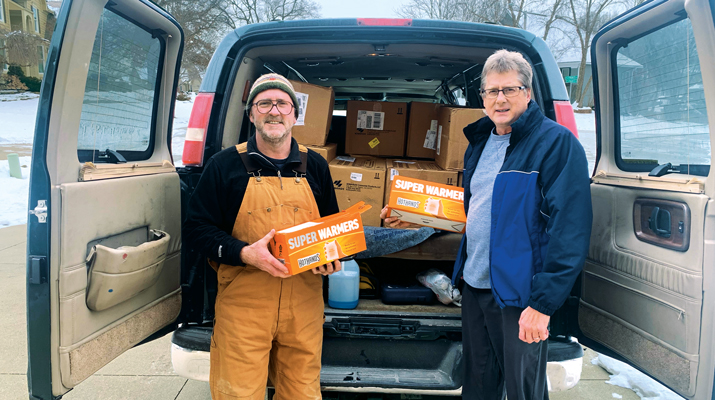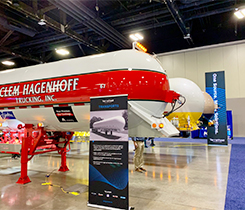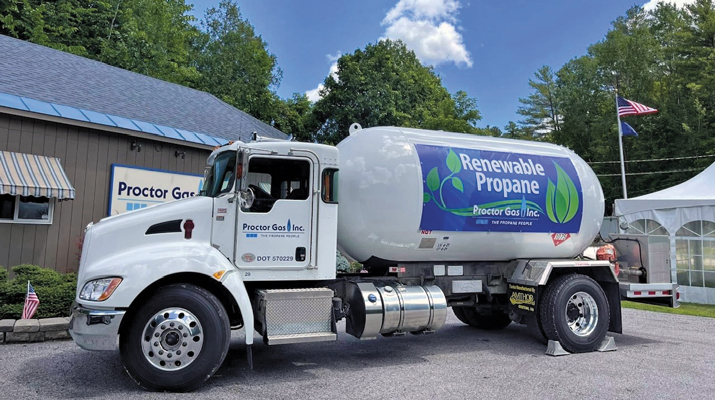Mirror, mirror on the wall
Statistics show that 49 out of 50 states recently have had warmer than average winters. In addition, due to high cost of fuel, many homeowners used less propane.
 Jay Johnston |
When times get tight, what happens to the safety budget at most propane companies?
Take a look at your average CETP attendance and you will find the class size dwindling. Says one CETP trainer: “Last year’s warm winter put a cold spell on this year’s CETP attendance.”
With “E-learning” for CETP around the corner, one has to question whether classroom training will become a thing of the past. This new product developed by PERC and NPGA is an excellent educational tool designed to facilitate the training of greater numbers at a lower cost. However, I hope we never lose the insight of experienced trainers, loss control experts and the contribution of opinionated classmates.
As predicted, insurance premiums have leveled off and insurance carriers are fighting for those loss-free accounts. More than ever they require documentation that all employees have been trained to do their jobs safely. Remember, the true test of training effectiveness will be reflected through accident prevention.
There is a recent study claiming that small businesses have better safety control than large businesses. While generalizations never apply in all cases and individual companies create their own safety control, there are observations we can make about exposures in the propane industry.
On one hand, many smaller companies exercise hands on control that inspires compliance. When times get tough, many owners or managers climb into trucks, get out in the field and do what they can to relieve the pressure. Direct involvement can promote safe practices and boost morale in tough times. It is easy to inspect what you expect when you are on site every day.
However, small companies are not always in sync with compliance or training. As an industry, we must successfully outreach to those who find classroom training costly and struggle to facilitate onsite training. They need our help.
Larger companies have big safety budgets, yet they seem to enjoy an economy of scale resulting in a lower cost per employee. Other efficiencies such as high tech equipment and dual task elimination seem to make their safety process more streamlined and in control – at least on paper.
Occasionally, such efficiencies create limitations to customer service. Fewer offices with limited phone staffs can create backlogs when the weather gets cold. Management from afar can make outpost delivery and service duty seem like sentences to Siberia. Help may not be in the state, let alone around the corner.
When it comes to safety, it’s recommended that you look at your own situation and figure out what is working and what has “problem” written all over it. There is also a motivational factor that must be tied to your safety process that helps cement the message. With awareness and the right attitude, it’s easier to act accordingly.
One operations manager recently lost a large load picked up in an acquisition because the landlord refused to bring his heating system into compliance. He said: “Without proper repairs and upgrades, it’s not safe and if an incident occurs they are going to blame us.”
While first intentions should always be to get the customer to comply with safety standards, real world situations can call for tough decisions. If a customer has little regard for their safety, is that a safe situation for your company? What would your company do? Lastly, what does that tell us about acquisition exposures?
The time to discuss these issues is now. Tomorrow may be too late. Ask the question: “Mirror, mirror on the wall…Who is the safest of them all?”
Jay Johnston (www.thesafetyleader.com) is president of Jay Johnston & Associates, specializing in insurance, safety and leadership strategies for propane marketers. He can be reached at 952-253-2710.
















